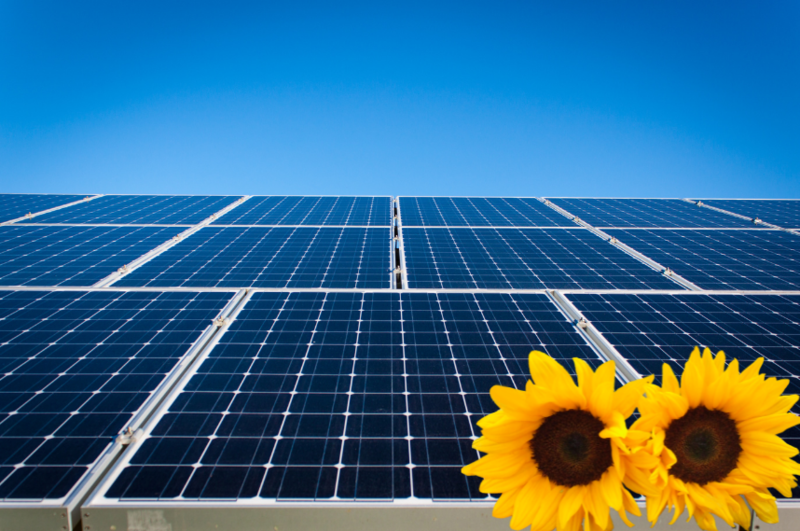War and Peace. And Renewables
Editorial by Prof. Dr. Klaus Vajen, ISES President
It is war. In the middle of Europe. A large country has invaded its neighbour based on shameful postcolonial motives. The democratic world is shocked, but is responding with rare speed, consentaneity and poignancy. Trade and financial relations are being severed, although this will also severely damage own economies.
The aggressor, the world's largest supplier of fossil fuel raw materials, has considerable opportunities to exert pressure. And so now the discussion begins as to how to replace this supplier. Whereby in the foreseeable future, fossil energies will remain scarce globally, and prices rose already significantly. Supposedly because of the COVID-19 pandemic, but so far hardly anyone can explain exactly why. So, what to do now?
There are numerous other providers of oil and coal globally. These are often tied to specific customers with long-term contracts, but by paying sufficiently high prices, oil and coal, including the associated transport infrastructure, are basically available on the world market. However, it becomes more difficult with natural gas. In the case of liquified natural gas, around 20% of the energy content is required for liquefaction and transport. Any climate-related advantages of natural gas transported by pipeline compared to oil are simply lost again. The climate balance for gas obtained by fracking in the USA is very bad, as about 4% of the produced methane leaks into the atmosphere. Methane itself is a very strong greenhouse gas, over the next 20 most decisive years for climate change more than 80 times stronger than CO2. Together with the transatlantic transport to Europe, the climate balance of fracking gas when used thermally is even worse than that of coal. Furthermore, the required transport infrastructure is currently not available anyway, and it would take several years to build it up. In the (hypothetical) case of nuclear power plants, the planning and construction times would be longer than a decade.
And thus, the renewable energies and energy saving measures suddenly get another push. To protect the climate, there is anyhow no other way. And due to the high prices of fossil fuels, they are now almost always the more cost-effective solution. But now another important feature comes into play: renewable energies guarantee security of supply and reduce the risk of being politically susceptible to intimidation and aggression. These features could now ensure a decisive breakthrough, at least in Europe. At the political level, expansion plans are being strengthened and planned times for complete renewable energy supplies are being brought forward. Although it does not have an impact on the energy system as a whole, the idea of self-sufficiency will increasingly motivate both industry and private individuals to invest in renewables. And in the end, the installation of a PV system might even become a patriotic act.
Consequently, the country with the largest fossil fuel energy reserves, through their unquestionably irresponsible actions, would have helped renewables to achieve a decisive growth surge, and made sure that in the future no one would need fossil fuels anymore. Wars cause immeasurable material damage and above all human suffering. As cynical as it is, in this case there might be a “collateral advantage” that the entire world could benefit from, and with which the aggressor does the most economic harm to himself.
